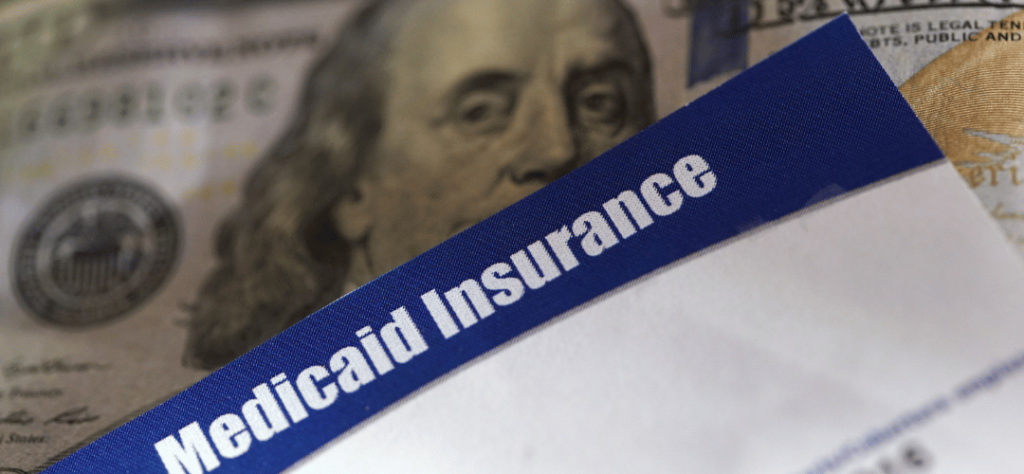Matters Most
New York Elder Law: Protecting Your Assets and Legacy

Our New York elder law attorneys specialize in addressing the complex issues that arise as individuals age. Our primary focus is to preserve our clients’ hard earned life savings so they can mitigate the exorbitant costs associated with long-term care to save assets for their loved ones. We achieve this by implementing strategic plans that cater to each client’s unique circumstances and goals, whether they require care immediately or are preparing for the future.
When we talk about planning for long term care in the future or when it is immediately necessary, we are contemplating making transfers to loved ones within the permitted bounds of New York law. You would make these transfers so that you can pass your assets to them so that everything you own does not get completely used up by high healthcare costs. By making strategic transfers, you will reduce your assets so that you qualify for a New York Medicaid program.
Pre-Planning for Long-Term Care: A Proactive Approach
The costs of long-term care can be staggering, with the average annual cost in the New York metropolitan area reaching up to $142,350 per year. To avoid depleting your life savings, it is essential to plan ahead. Our New York elder law lawyers provide pre-planning services that include a comprehensive review of your financial situation and goals, exploring all available options for long-term care planning. One common strategy is the irrevocable Medicaid trust, although other viable alternatives exist. Our goal is to identify the most suitable approach for your circumstances and work together to establish the necessary legal structures to preserve your legacy.

Emergency Medicaid Planning: A Safety Net for Uncertain Times
Life is unpredictable, and unexpected healthcare emergencies can arise at any moment. If you fail to plan ahead, your options may be limited, and your assets may be at risk. But, many times there can be a path forward to still save assets even if you are already in need of long-term care. This is what we call an “emergency plan.” And, our New York attorneys who handle elder law matters can help you create an emergency plan to save as much of your assets as possible.

All long term care planning requires an analysis of your assets in relation to Medicaid’s complex rules and regulations. With this front of mind, our New York elder law attorneys will guide you through the process of making asset transfers that comply with Medicaid’s requirements, potentially saving up to half of your assets or more. While emergency planning may have a deeper impact on your savings than pre-planning, it can still provide a safety net and allow you to pass on your assets to loved ones.
Medicaid Applications: Navigating the Complex Process

Medicaid applications can be daunting and time-consuming, with strict rules regarding resources and income. Our New York lawyers experienced in elder law can make the application process much easier, providing guidance on gathering required information and documentation.
We will help you navigate the “five-year look-back” period, during which Medicaid scrutinizes your financial records to identify any uncompensated transfers. If you are found to have made such transfers, a penalty period may be applied, requiring you to pay for long-term care before Medicaid takes over. Our attorneys will work with you to ensure that your application is accurate and complete, minimizing the risk of errors and delays.
Medicaid and Long-Term Care in New York
Medicaid is a comprehensive health care program designed to support low-income individuals of all ages. In New York, Medicaid encompasses various eligibility groups, including children and disabled individuals. However, our practice focuses specifically on long-term care Medicaid eligibility for elderly New Yorkers.

There are three primary categories of Medicaid long-term care programs for which elderly New Yorkers may qualify.
- Nursing Home: This is an entitlement program, meaning that anyone who meets the eligibility criteria will receive assistance. Care is exclusively provided in nursing homes. However, not all nursing homes accept Medicaid (but most do) and availability may vary. Applicants are not guaranteed coverage in any facility they choose.
- Medicaid Waivers / Home and Community Based Services (HCBS): In New York, Medicaid Waivers and HCBS play a crucial role in providing support and services to individuals who would otherwise require institutional care. These waivers allow Medicaid to pay for services not typically covered under regular Medicaid, enabling individuals to receive care in their own homes or communities rather than in institutional settings. Unlike Nursing Home Medicaid, this program is not an entitlement. There are a limited number of participant slots.
- Disabled, Aged 65+ or Blind (DAB): This refers to a specific Medicaid program that provides healthcare coverage and long-term care services to support qualified New York residents who are disabled, aged (65 and older), or blind and live in the community. This program is also known as Non-MAGI (Modified Adjusted Gross Income) Medicaid. It’s important to note that DAB Medicaid should not be confused with the regular Medicaid that is available for low-income people of all ages.
Preserving Your Legacy: Our Commitment to You
The primary focus of our New York elder law lawyers is helping our clients preserve their life savings and legacy. We provide clear and insightful legal advice, ensuring that you understand all available options and can make informed decisions about your future.

Whether you are preparing for long-term care, facing an unexpected healthcare emergency, or navigating the Medicaid application process, we are here to support you. Contact The Chamberlain Law Firm through this website or call (201) 464-1011 to learn more about how we can help you protect your assets and legacy.
Elder Law Insights- Our Elder Law Blogs
- Planning for Incapacity in New York: How Estate Planning Protects Elderly Individuals and Their Families
- How Medicaid Can Help You Protect Assets from High Long-Term Care Costs
- New Jersey Medicaid: Pre-Planning vs. Crisis Planning
- Your Healthcare, Your Way: Living Wills and Health Care Proxies Explained





